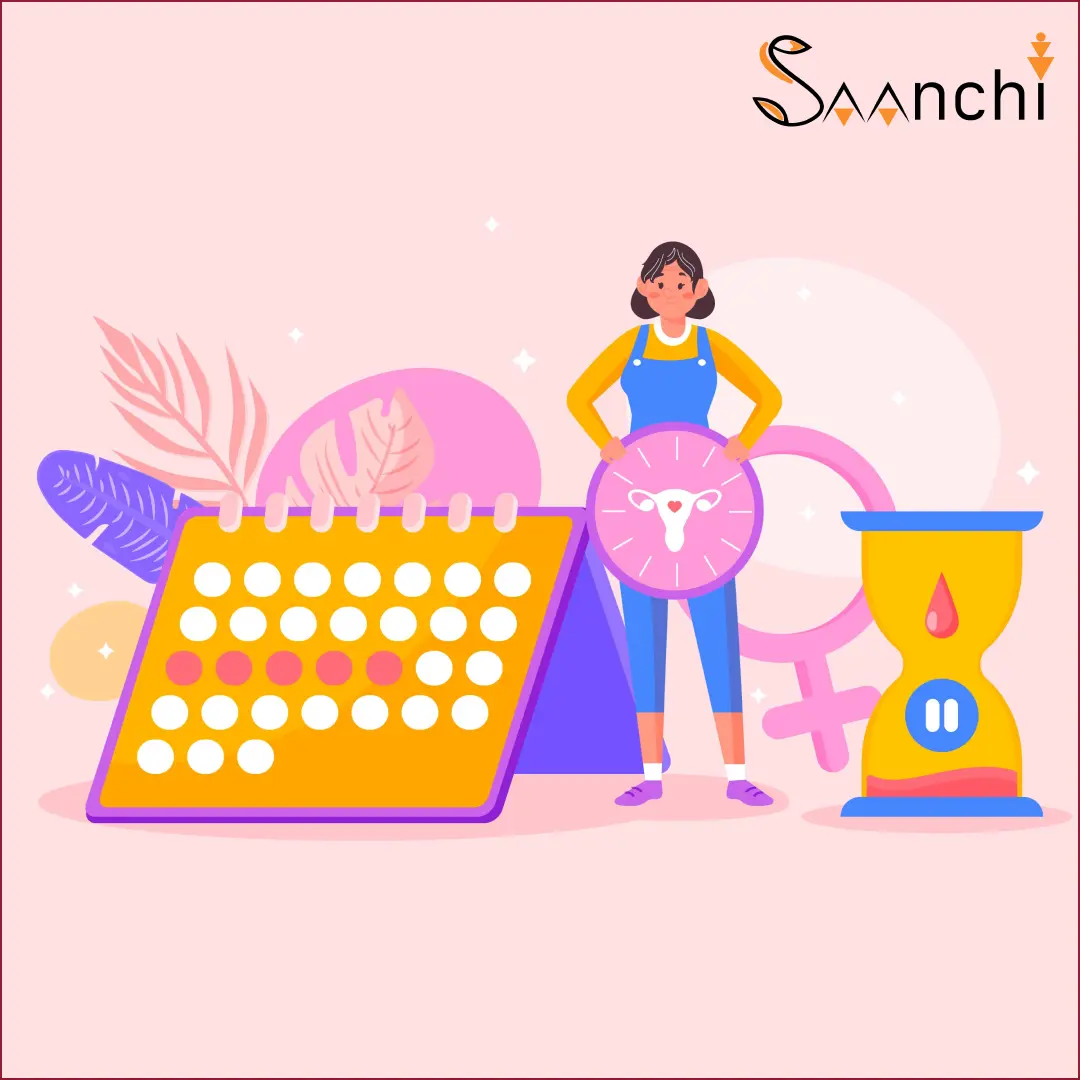Introduction
Menarche (pronounced muh-NAR-kee) is a significant milestone in a girl’s life. It refers to your first period, which is the first time you experience menstruation. This event usually happens between the ages of 11 and 14 and marks the beginning of your body’s ability to become pregnant. Understanding menarche is essential as it helps you prepare for and manage this important change in your life.
What is Menarche?
Menarche is the medical term for your first period. It’s the initial occurrence of menstruation, indicating that your body is now capable of reproduction. Getting your first period is a part of puberty, the phase when your body transitions from childhood to adulthood. Before menarche, you might notice various changes in your body, such as:
- Breast development
- Widening hips
- Growth spurt
- Oily skin and acne
- Hair growth under your arms and in the pubic area
Difference Between Menstruation and Menarche
Menstruation is a monthly process where your body sheds the lining of your uterus if you don’t get pregnant. Menarche, on the other hand, is the very first time you experience this process. While menstruation happens regularly after menarche, the first period is unique because it signifies the start of your reproductive years.
Who Experiences Menarche?
Anyone with reproductive anatomy typically associated with being assigned female at birth (AFAB) can experience menarche. This includes cisgender girls, transgender boys, and nonbinary people with a uterus, fallopian tubes, and ovaries.
When Does Menarche Happen?
Most girls get their first period between the ages of 11 and 14, but it’s normal to start as early as 9 or as late as 15. The timing can be influenced by factors like genetics, nutrition, and overall health. Often, girls get their first period around the same age their mothers did.
How Does Menarche Affect Your Body?
Your first period means your body is now capable of becoming pregnant if you have unprotected sex. However, getting your period is not just about pregnancy. It also means you need to learn how to manage menstrual blood flow and deal with period-related symptoms.
Symptoms of Menarche
Before and during your first period, you might experience:
- Cramping: Pain or achiness in your belly, back, or legs.
- Bloating: Your belly may feel full or swollen.
- Tender breasts: Your breasts might feel sore or sensitive.
- Breakouts: You may notice more pimples or acne.
- Mood swings: You might feel more emotional or irritable.
- Fatigue: You might feel more tired than usual.
During your period, you may see red or brown blood in your underwear or in the toilet. Your bleeding might start light, get heavier, and then become light again before it stops. Everyone’s experience with their first period is different, so it’s okay if your symptoms are not the same as your friends’.
What Causes Menarche?
Menarche happens when your body has matured enough to support a menstrual cycle. Each month, your ovaries release an egg, and the lining of your uterus thickens in preparation for a possible pregnancy. If the egg isn’t fertilized, your body sheds the lining, resulting in menstrual blood.
How to Take Care of Yourself During Menarche
Getting your first period doesn’t mean you need to stop doing your regular activities. Here are some products you can use to manage your period:
- Pads or Panty Liners: Pads stick to your underwear and absorb the blood. Panty liners are for lighter days.
- Tampons: Tampons are inserted into your vagina to absorb blood before it leaves your body. You can swim with a tampon.
- Menstrual Cups: These are washable and reusable cups inserted into your vagina to collect blood.
- Period Underwear: These are washable, reusable underwear designed to absorb menstrual blood.
It’s a good idea to start tracking your periods on a calendar or an app. This helps you learn what’s normal for your body and spot any changes that might need a doctor’s attention.
Managing Period Symptoms
If you’re experiencing cramps, here are some tips to help you feel better:
- Take a warm bath
- Exercise and stretch
- Use a heating pad or warm washcloth on your belly
- Take over-the-counter pain relievers like ibuprofen (Advil©, Motrin©) or naproxen (Aleve©)
When to See a Doctor
You should talk to your doctor if your period starts very early (before age 9) or if you haven’t had your period by age 15. Also, if you have severe cramps or any other concerns, your doctor can help you find solutions.
Questions to Ask Your Doctor
It’s helpful to develop a relationship with a gynecologist, who can answer questions such as:
- How much bleeding is normal during menarche?
- When should my periods become more predictable?
- What symptoms can I manage at home, and what needs a doctor’s visit?
- What do I need to know about pregnancy and birth control?
Conclusion
Menarche is a natural part of growing up. Understanding what it is and how to manage it can make this transition easier. Remember, it’s okay to ask questions and seek support from trusted adults and healthcare providers.


